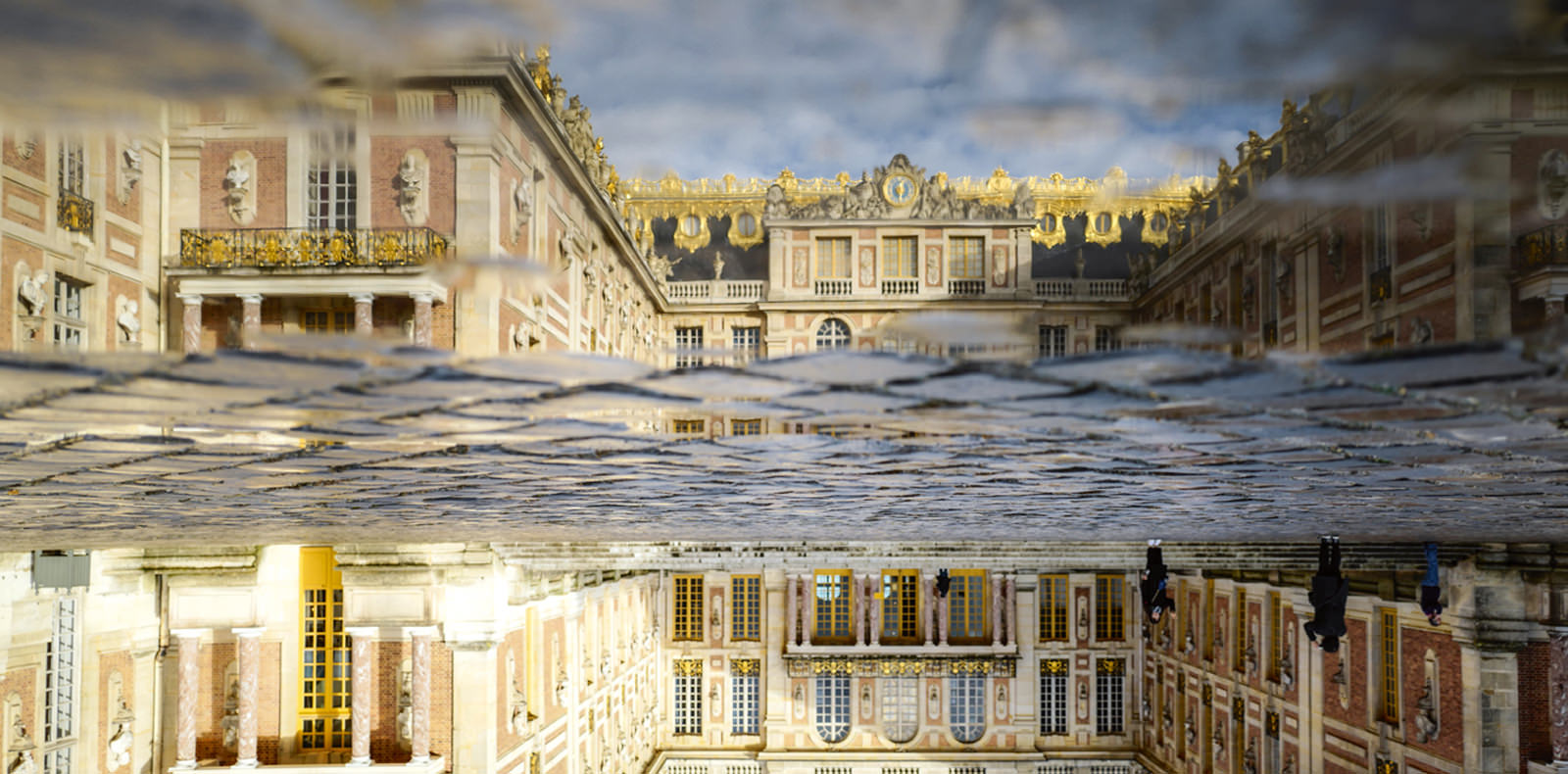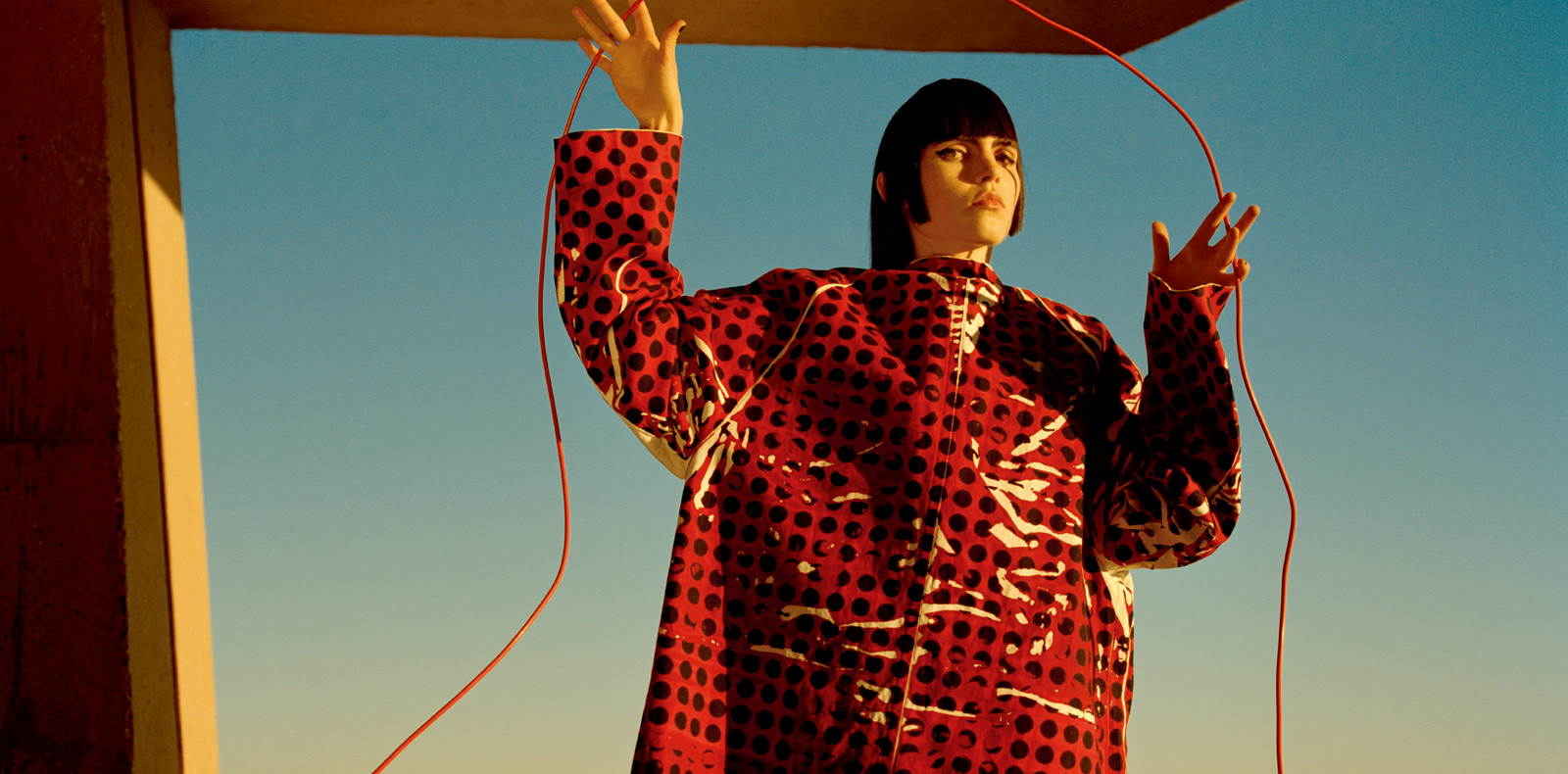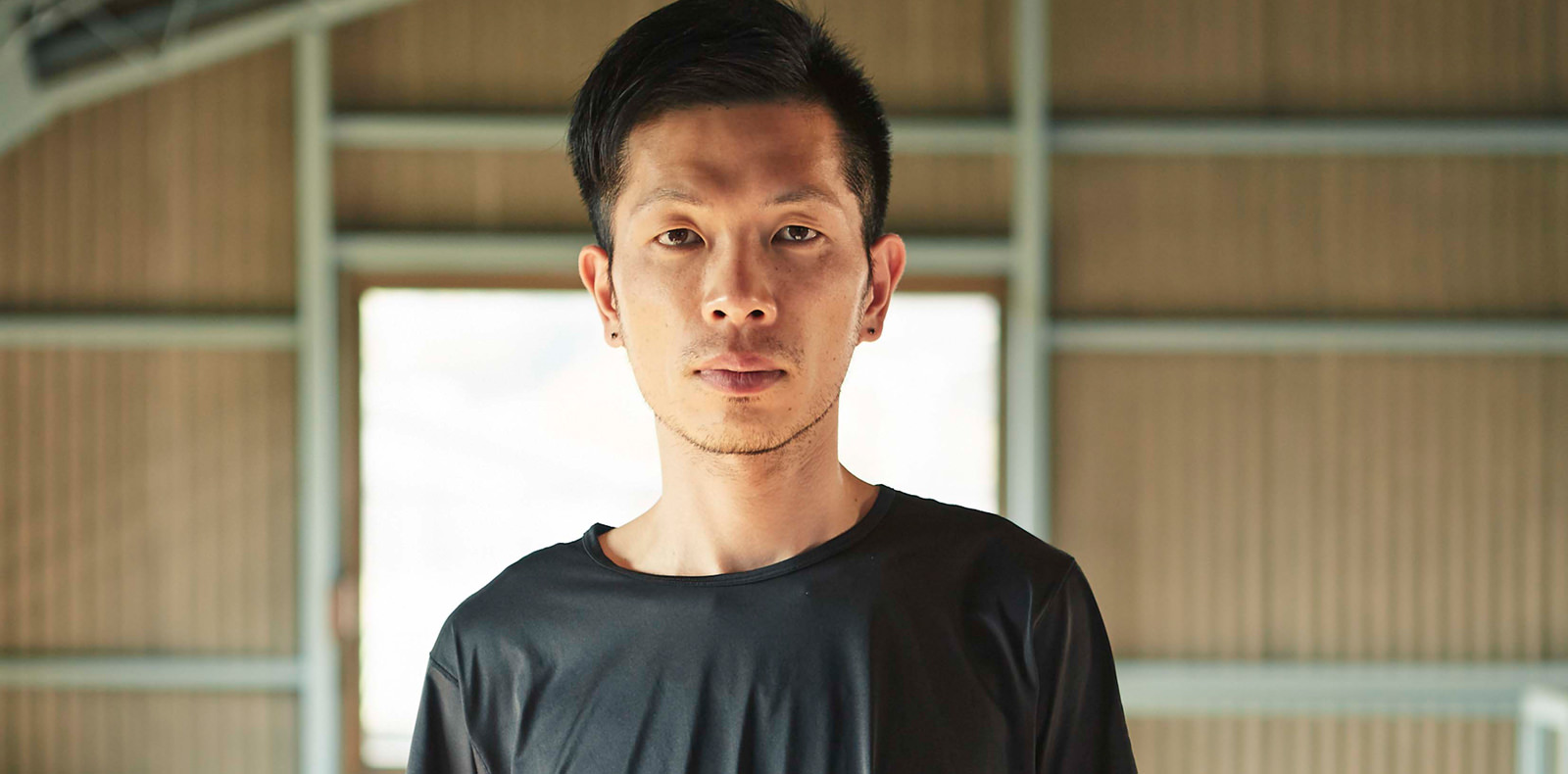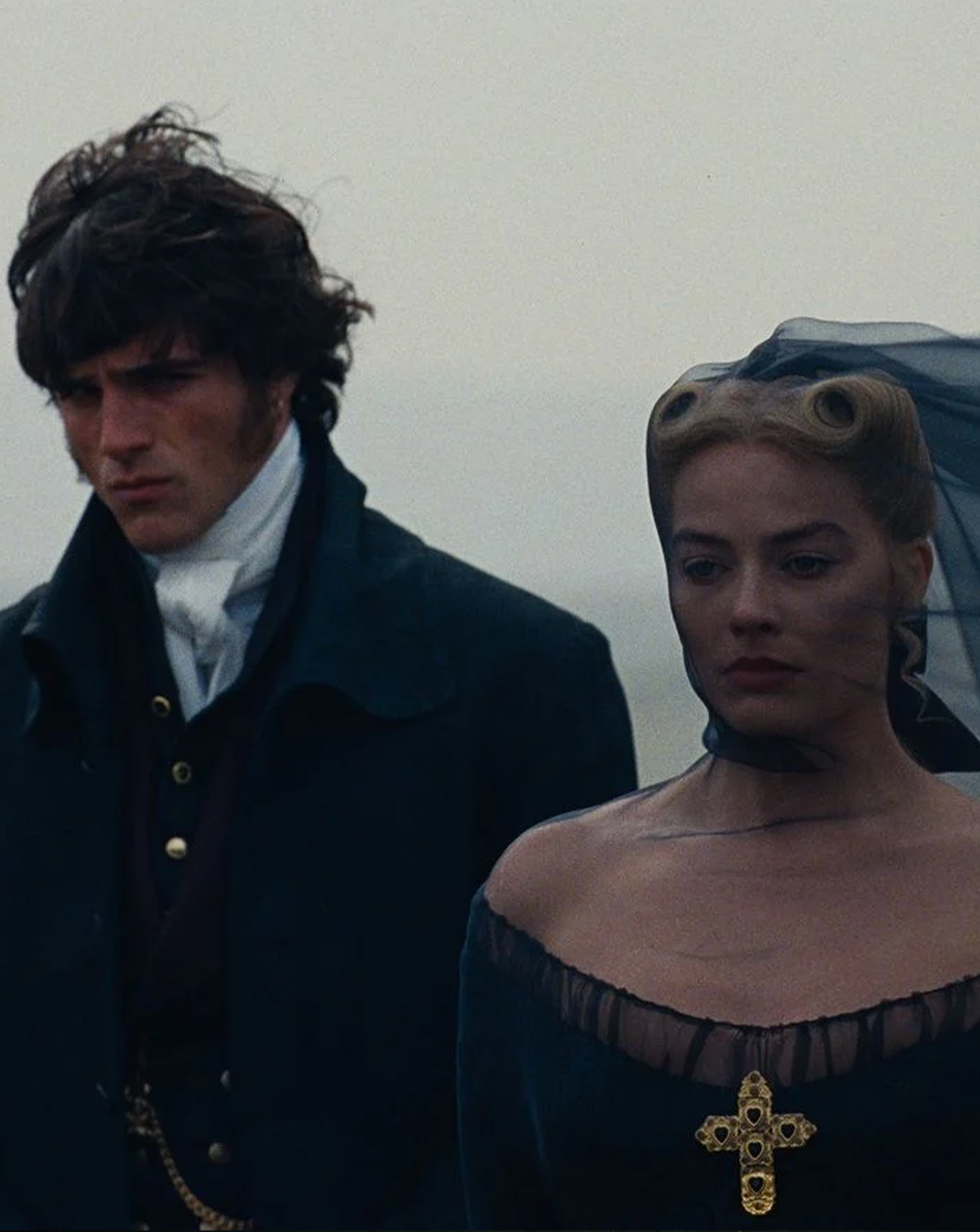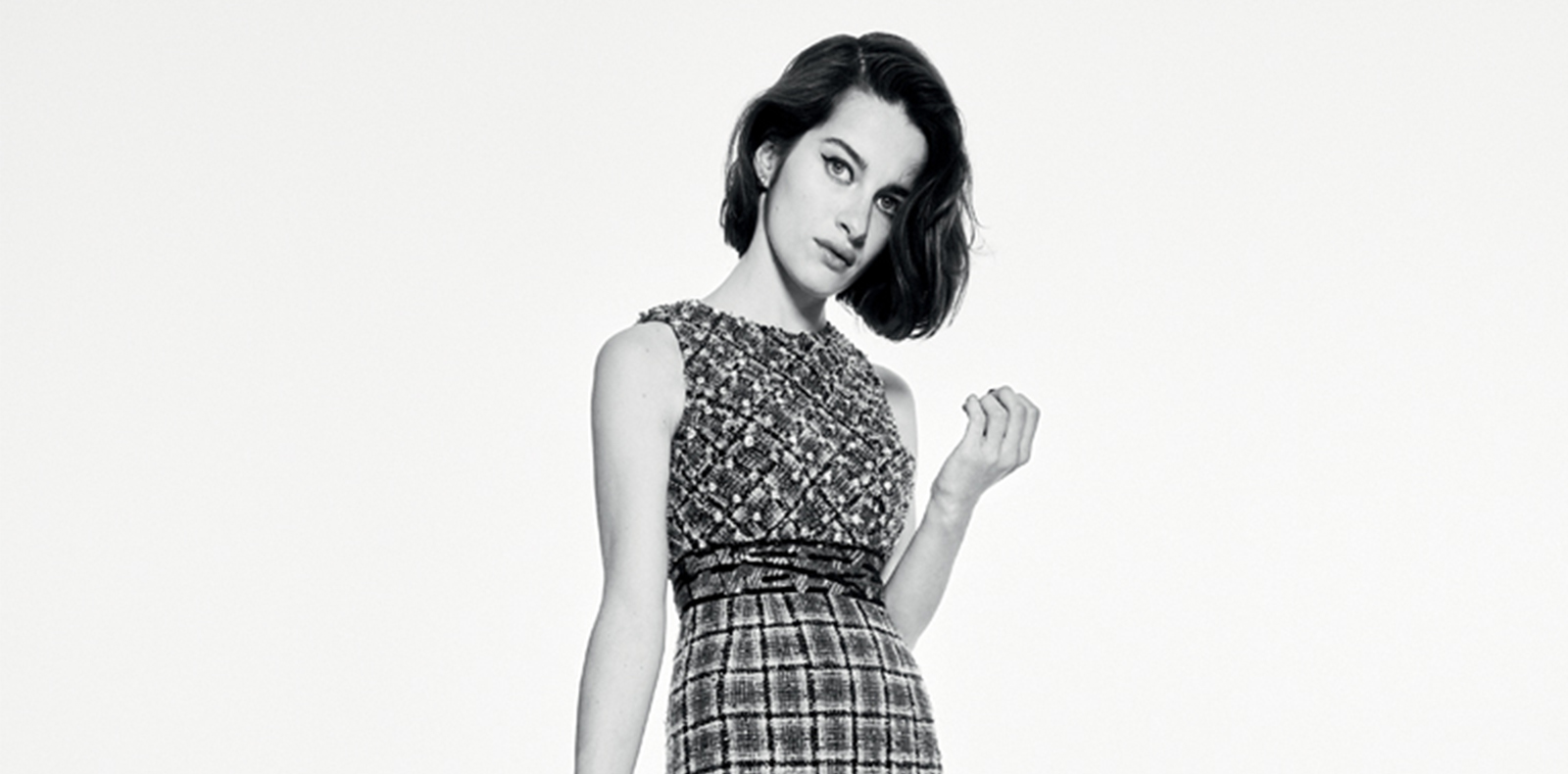
11
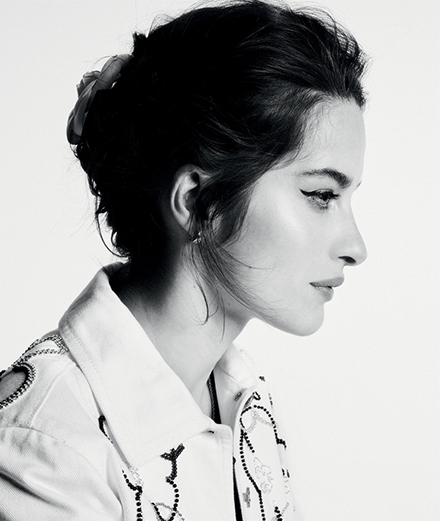
11
Rebecca Marder, a discreet and brilliant actress
As luminous as she is mysterious, the 27-year-old Franco-American actress is a star in the making. After seven years as a pensionnaire at the Comédie-Française, she left France’s prestigious national theatre to try her luck internationally. As well as making her mark with a masterful performance in Sandrine Kiberlain’s first film Une jeune fille qui va bien, which came out this January, she was also chosen to play legendary French politician Simone Veil in the forthcoming biopic by Olivier Dahan, the director who first achieved worldwide fame with the biopic La Môme, about the life of Édith Piaf.
Portraits by Sofia Sanchez & Mauro Mongiello,
Styling by Samuel François,
Text by Olivier Joyard.
Published on 11 April 2022. Updated on 20 June 2024.
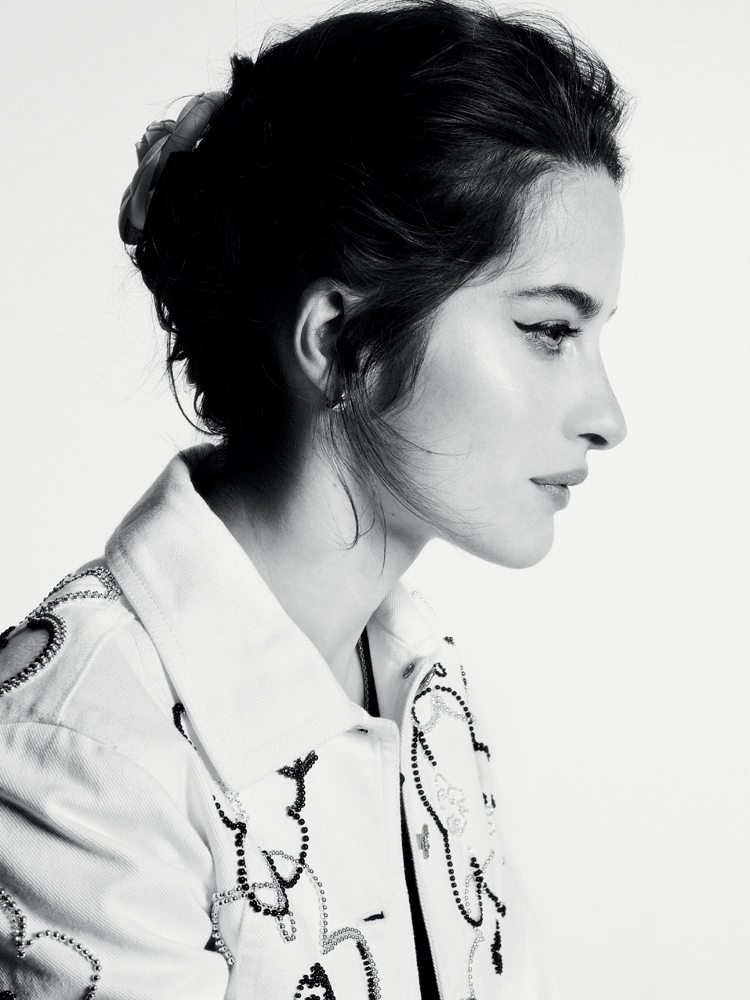
On the billing for five films this year, Rebecca Marder arrives for our interview in an elusive mixture of discretion and luminosity, as though she were apologizing for being there and yet had no intention of effacing herself. An actress’s paradox, perhaps, and a form of mystery too, one that the 27-year-old makes excellent use of in her roles on screen. Her way of revealing her emotions drop by drop is what makes her performance so strong in Sandrine Kiberlain’s first film, Une jeune fille qui va bien, which came out in January. In her first lead role in a movie, Marder plays a young Jewish girl in 1942 France, cradled by her dreams but confronted with tragic reality. As another war shakes Europe today, how is Rebecca Marder doing this spring, 2022?
Suddenly, the veil of levity that covered our conversation for the past hour is ripped away. The world enters our discussion with its full force. “The news right now is terrifying. I’m very worried, I spend entire nights watching the news in a state of shock, I feel completely helpless faced with the ignominy of the war in Ukraine. It’s unimaginable. It’s sometimes hard to continue believing in the passion that is acting without feeling completely powerless. The daily routine, the ‘artistic’ professional life that carries on for us a few kilometres from the theatre of war can have a rather crushing taste of ‘before the fall.’ Nonetheless, I try to believe that what I do for a living isn’t superfluous and that I can contribute to a necessary mission of culture and entertainment. And, indeed, in Sandrine Kiberlain’s film, I play a young Frenchwoman who, in 1942, thinks she’s going to make a life in the theatre, whereas the monster of war, hiding in the shadows, has other ideas. The insolence and beauty of her age is what allows her still to hope. It’s her youth, this youth that should never be cut down, that the film talks about, and that resonates enormously with the situation today.”
She says all of this in a voice that, though calm, is animated by a powerful interior flame. Yet again it seems that Marder has learned to levitate, that she comes from somewhere very deep. Though she has barely begun her second quarter century, her acting experience is far superior to that of many performers who have spent a lifetime on stage or in front of the camera. An experience that owes much to an event that occurred when she was ten: growing up in Paris, between the 5th and 13th arrondissements, she had a chance encounter with a casting director while she was singing in a choir at the music conservatory, which led to her first film, a children’s comedy with Sandrine Bonnaire and Pascal Légitimus. “My mother was very much against my being in film at such a young age, she was a total anti stage mother, whereas my father was much more favourable and encouraging. Just after this first movie experience, I met my agent Laura Meerson, and 16 years later we’re still working together. I was in a film shoot almost every summer during the school holidays, and I soon realized I couldn’t live without doing this job.” After her baccalauréat, she began higher education, but left halfway through the first year to pursue a new adventure in cinema. “I also began studying at the Paris 7 faculty of film and literature, which I loved, but another shoot meant I missed the exams to go into the second year. After that, I decided to try for theatre school, and made it into the TNS in Strasbourg. A year later, the Comédie-Française offered me an audition to become part of the troop.”
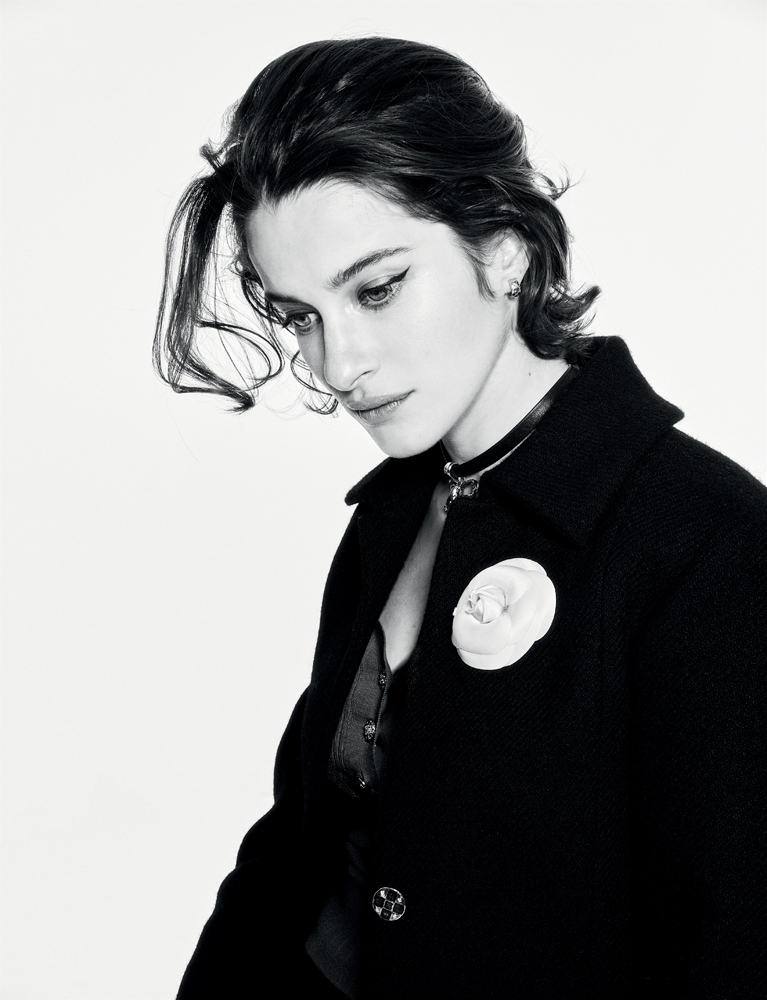
The intensity of Marder’s acting can perhaps be metaphorically read into the way she arrived at the “Français” – like a hurricane. The audition was held on a Friday, and the following Monday she was hired. “That Thursday, I had to start rehearsals. It was like a parachute jump, a before and after in my life.” She had just turned 20, and was starting out in what she calls her “maison mère,” the troop that became her “foundation. It was an incredibly intense apprenticeship, seven years of stimulation by a quest for excellence and an energy that you’ll find almost nowhere else and that pulls you upwards and onwards. After seven years in this unique theatre, where I arrived very young, I wanted to try something else, a different pace, and also maybe to find out who Rebecca is when shorn of the honorable title ‘de la Comédie-Française.’ At the Français, you might be on stage six times in a weekend in four different plays, which is both galvanizing and tiresome. When I took this leap into the unknown, when I left my home, my troop, I clutched onto the coincidence of the time I’d spent within these venerable walls: seven years, seven as a symbolic figure, the age of reason, the renewal of the body’s cells, the seven-year itch. In future, I hope to be able to do both film and stage work.”
Marder takes her profession very seriously. Though it’s with her body that she acts, it’s the written word, the literary, from which she is constituted. Hers is a deep relationship with words that recently brought her into the orbit of Arnaud Desplechin for a key scene in Tromperie, the cult director’s latest film. “Arnaud is a great director, I could feel his love of acting and actors, which makes him a true actor’s director. He’s very precise, and already has the whole film worked out in his head. He’s extremely meticulous – he knew that a sticking plaster on my character’s hand could say a lot of things.” In a completely different vein, we’ll soon see Marder playing one of the greatest women of French history in Simone – Le voyage du siècle, the new movie by Olivier Dahan which comes out this October. “Simone Veil was an extraordinary woman. Her life, her destiny, the causes she fought for, her faith in humanity even though she had suffered the worst that mankind can do, make of her an entirely exceptional character. I play her between the ages of 15 and 37, when she was director of the prisons service. The script isn’t written chronologically, it looks to tell her life story, to recount History, but also talks about memory, love and courage. I read everything there was on her, including her own writings, and I watched her in interviews. I listened to her voice for hours on end. I felt a lot of pressure to be worthy of this woman who came down from the heavens.” [A survivor of Auschwitz, Veil was the health minister who pushed for the legalizion of abortion in France.]
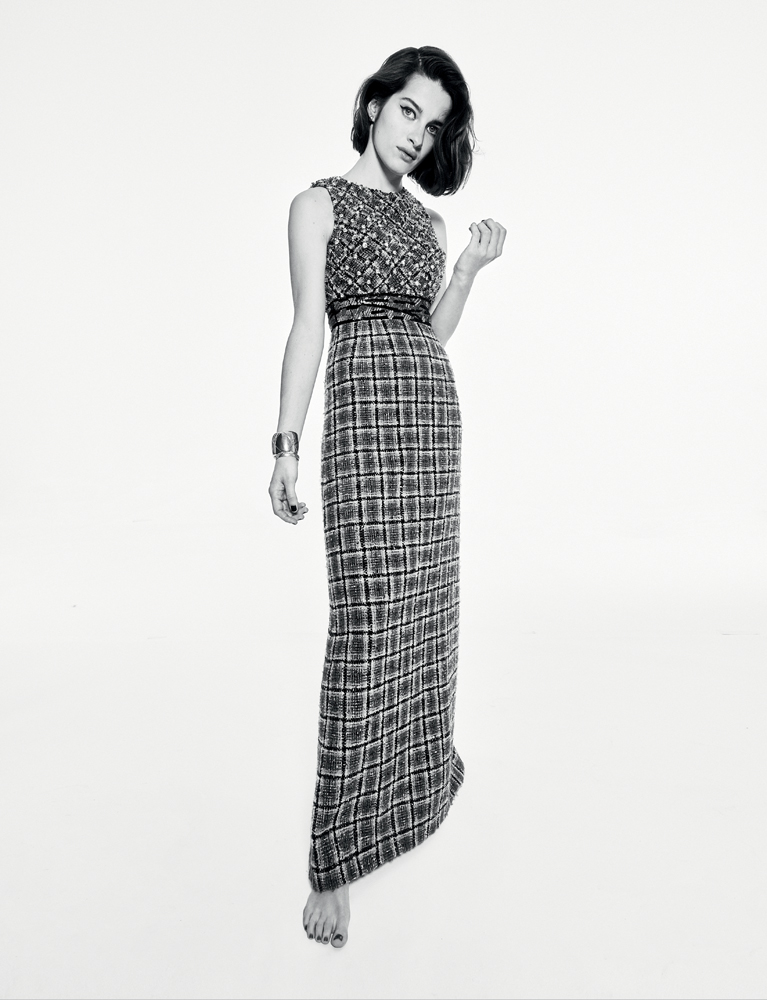
Marder sought to capture Veil’s “look between the living and the dead,” but without doing a straight imitation. The decision was taken with the approbation of the director, whose love for actors she praises. “Olivier Dahan and I exchanged very few words but a lot of information about Simone Veil. Olivier’s cinematic knowledge is so vast, he composes his images like a painter and is a master at what he does. Sometimes we understood each other with just one word. I felt a little destabilized at the beginning but he’s so good at choreographing the mind and the body that I began to realize that a command like “Lower your chin on that word” was enough to bring out in me all the emotion and authenticity needed to play a certain situation. What’s wonderful about being an actor is that, beyond the thrill of being able to live several lives, you enter a different world with each new director. It’s also about bringing a little something so that our two worlds give birth to a character. I like this sensation, which is in no way a dispossession. I never feel ‘possessed’ by my roles. They’re encounters that accompany me and raise me up, and sometimes they even feel like friends I’ve lost sight of but who are part of my life.” After Chanel spotted her, Marder was invited to collaborate with the venerable fashion house. “Chanel maintains a very strong link with creativity. Thanks to the brand, I got to go to my very first opera. They organize literary encounters, and it was through them I discovered new books. There’s such an intelligence at Chanel, and an art of passing on skills and knowledge, a real sense of history. What’s more, in each collection there’s a story that says something about women’s liberation, the cult of freedom. And emancipation is also a constant in my work. All my recent roles have been women who were very much in charge of their own destiny…”
Marder will be in the headlines a lot these next few months, in particular during the Festival de Cannes. We’ll be seeing her in Sylvain Desclous’s De grandes espérances, a film about political secrets and ambitions, in which she shares billing with Benjamin Lavernhe. She’s also in Michel Leclerc’s drama Les Goûts et les Couleurs, in which, alongside Félix Moati, she plays a successful but overwhelmed young singer. Besides the Simone Veil biopic, the movie everyone is most impatient to see her in is Noémie Lvovsky’s La Grande Magie, based on a play by Eduardo De Filippo. The songs for this slightly deviant musical were composed by the group Feu! Chatterton, with Marder playing the ghost of a young lover who died of heart disease and continues to follow her paramour, singing love songs to him even though he can no longer see her… This sort of off-the-wall project matches perfectly what Marder gives off in front of a camera, her extraordinary aura when filmed. For, despite all her years on stage, she seems to incarnate cinema entirely naturally. Her American father encouraged her cinephilia from a very young age, which led her to discover Anna Magnani and Italian movies, Fassbinder and his strange muses, musicals with Fred Astaire, Akira Kurosawa Dodes’kaden, Judd Apatow, and many more. She saw films that were “really not suitable” for her age that showed her how far it was possible to go on the big screen. Moreover, one of her strongest memories says much about how unusual Marder is. “In high school I watched Woman in the Dunes, a 1960s film by Hiroshi Teshigahara. The heroine spends her entire time sweeping away the sand that invades her house at the bottom of a hole in the desert...”






